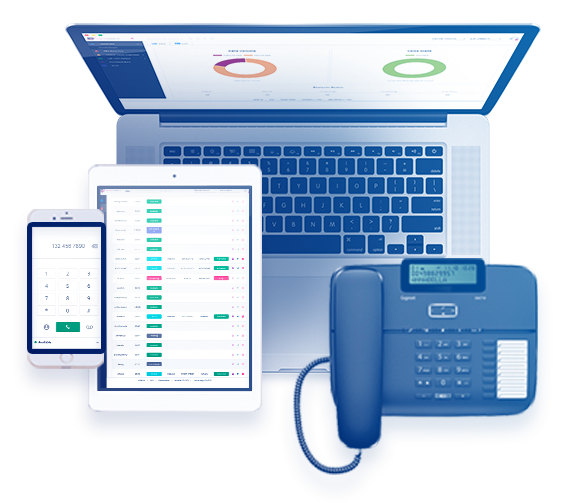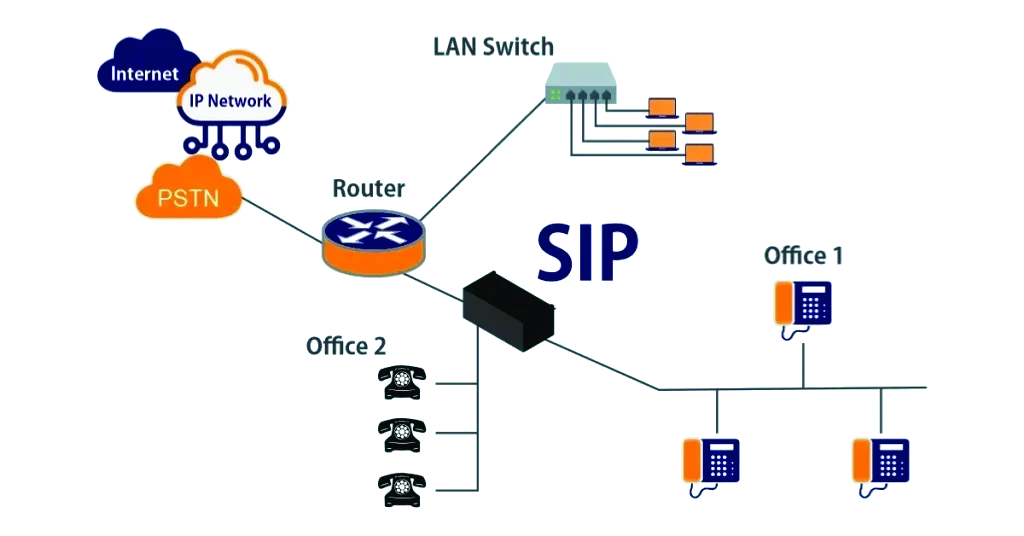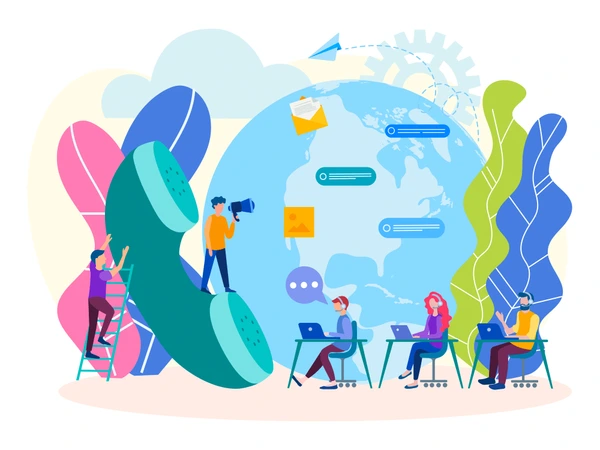With the advent of the internet and evolving technologies, the environment for doing business has undergone a change most of us in our late 40s and 50s did not envision. If someone had told us that a time would come when we, as an individual, would have scope and access to tools to do any business with people like us sitting in other countries, we would not have believed it. The field is wide open now, and how! There are platforms to get medical appointments, learn to cook, study, create CVs, take up jobs, and actually start working and receiving real money-real paychecks in our viral wallets. We’ve come a long way. And besides technology, the other tool that has made it possible is communication.
Communication platforms that technology has created have beaten everything. Customer service, which has always been a part of business, has gone from communicating via landline to traditional call centers to now cloud phones! The evolution has just been phenomenal and fast!
No matter which sector your business belongs to, whether it’s health, insurance, real estate, or technical support, the importance of customer relations, customer support, and customer satisfaction can’t be undermined. The survival of any business is dependent on the customer who gives you an opportunity to engage in business with them. When you carry it out successfully and smoothly, it paves a growth path for you. Besides product or service quality and price, what matters a lot is your communication with your customer through this journey.
Cloud communication is the latest buzzword, and owing to all the advantages it offers, traditional call centers are becoming redundant. In this post, we’re going to focus on the difference between traditional call centers and virtual or cloud phones. Cloud communication is also known as Omni-Channel and Unified Communications, among other things.
The biggest difference between the two is the size of the investment. When we speak of investment, we mean both physical space investment and financial investment. No one needs to explain to us the humongous cost of setting up a traditional call center. There is a requirement for space, infrastructure, and computers or laptops for each customer service executive; a team of engineers to maintain the set-up and smooth running of it all; and so on. When it comes to cloud phones, the entire infrastructure, including servers, is hosted by the service provider, and you access them via the cloud, reaping all of the benefits and conveniences of a call center and much, much more without having to run one yourself.
Monitoring a team physically in a traditional call center does not come easy for the supervisor as it is not possible for him or her to oversee the quality of every communication made by the customer service team individually. Creating executive-wise reports is also a cumbersome task. Unlike when you have a cloud communication system installed, the software allows the supervisors or managers to access the agents’ systems and monitor each and every piece of conversation and other activity. The Omni Channel can generate various reports that can tell you about everything, right from how quickly the agent took the call, what he spoke, how he resolved the issue and how quickly. All the calls are recorded so that the manager can hear them at leisure to identify flaws or plus points and help to make communication more impactful and beneficial for the company.
While in traditional call centers, employees work from an office, unified communication makes working so much easier and more flexible. You can employ people from different countries to work on the project. Omni Channel offers the flexibility of working from remote locations. No matter where you are working from, all you have is a mobile phone with software installed, and you will still be monitored for the hours you put into work, the quality of work you produce, the outcome of your work, etc.
Cloud communication offers a supervisor or manager a clear view of how a cloud call center agent is using his time; how quickly he takes the call; how efficiently he resolves the query; and how reassured he makes the customer feel with what he communicates. The manager also comes to know if there are pending calls and if the agent is idle but not attending to calls. All these insights give managers an idea about the productive usage of time by Unified Communication agents working from diverse locations.
Team interactions and collaborations are far more productive and meaningful with cloud communication.
If you run an enterprise and are confused about whether to opt for a traditional call center or unified communication because you feel both solutions have their benefits and shortcomings, I suggest you pay attention to the features Omni Channel offers, like end-to-end monitoring, a user-friendly interface, and the ease with which you can generate a variety of reports to improve your team’s performance. This cloud communication software service takes the place of traditional call center software solutions and takes it a notch higher.





